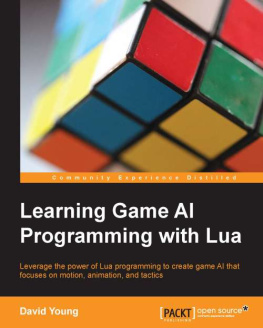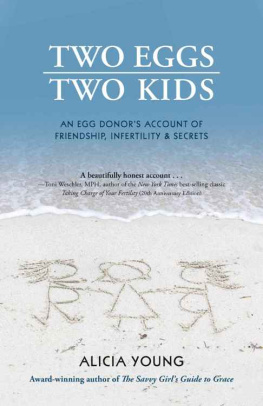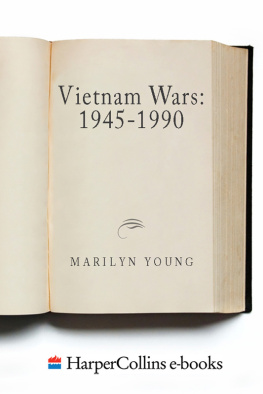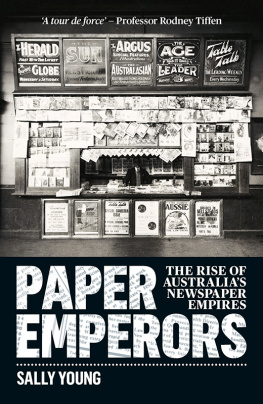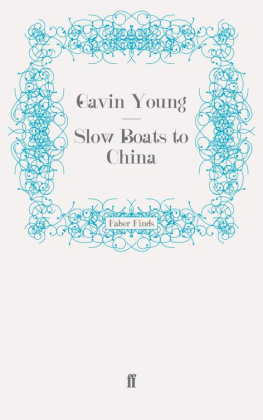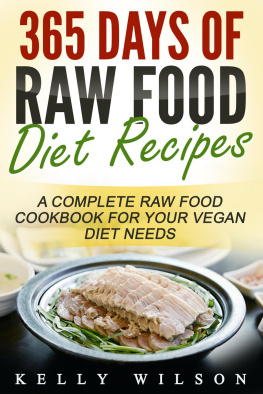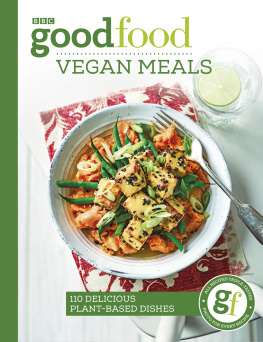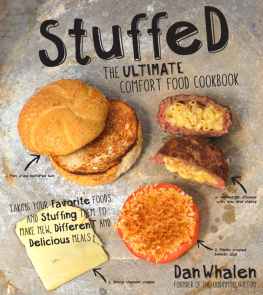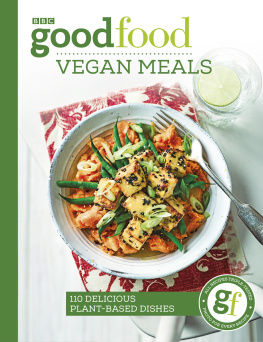
for my mother
who taught me how
to cook & to listen
Wine is bottled poetry.
ROBERT LOUIS STEVENSON
On our earth, before writing was invented, before the printing
press was invented, poetry flourished. That is why we know poetry
is like bread; it should be shared by all, by scholars and by peasants,
by all our vast, incredible, extraordinary family of humanity.
PABLO NERUDA
Hunger is the best sauce.
CHEF SAYING
CONTENTS
Introduction |
Perhaps the World Ends Here |
. |
. |
. |
Love, satisfaction, trouble, death, pleasure, work, sex, memory, celebration, hunger, desire, loss, laughter, even salvation: to all these things food can provide a prelude; or comfort after; and sometimes a handy substitute for. It often seems food is a metaphor for most anything, from justice to joy. Perhaps too easy of a metaphorsometimes food is just food. Still, there is nothing like food and drink to remind us of lifes pleasures, sating far more than hunger.
A good meal provides such sustenance not just out of need, but out of a whole host of things, whether reminding us of our childhoods, or grandparents, or the old countryor teaching us about a new one. Food transports us to another place like little else, even if its just the couch after Thanksgiving turkey. I have put together this anthology to honor foods unique yet multifaceted pleasures. Nothing is as necessary yet as taken for granted these days as foodexcept maybe poetry. Both are bread and honey, water and wine, mothers milk and manna; and if ignored, or never used, both wither. Poetry keeps body and soul together and remarks upon what makes the human animal both one with and apart from the world.
Perhaps this is why I have never met a group more reliable to have a good meal withand it should be said, a few drinks withthan poets. (Southerners are a close second.) Whether that meal means hunks of cheese sliced off with a knife alongside crusty bread and cheap wine; or enough homemade stew to feed a fort (or loft, or shared house); an extravagant feast on someone elses dime; or a nip of an uncles moonshine: poets sure do throw down around the table. This, I think, is not just because a poets next meal may always be in doubt, but because poets tend to love the details, the process of food, the languid hours of a good mealmeaning not just the vittles but the talk, often loud, that accompanies it.
This may also be because the best poems, like the best meals, are made from scratch. Both rely on the seasons, but also human history; both also consist of tradition, on knowledge passed down either from books or from generation to generation, hand to mouth. In poetry, there are few shortcuts, but there are secrets. Food and poetry each insist the we put our own twists and ingredients in the mix: we make each dish, like a good poem, our own. With any luck, the result is both surprising and satisfying, exactly what we wanted, perhaps without even knowing it.
However, we know too well the ways in which our society has abandoned good food, and too often poetry entirelyas if it grows without our water and light, and that our neglect wont reveal itself. Can one be inspired by rows of prepared canned meals? asks Alice B. Toklas, who knew her way around both poetry and a kitchen, publishing her famous cookbook after her life partner, Gertrude Stein, passed away. Never. One must get nearer to creation to be able to create, even in the kitchen.
Luckily, there seems to be a surge in returning to real foodsome would say slow food, as opposed to fastand if theres hope for what we insist we and our children eat, this may mean a world where poetry too can return to the table, where not just conversation, but culture, is made.
A seat at / the common table: this dream, shared by poet and pauper alike, is found in these pages.
In one crucial way, food differs from writing: food is temporary. It is exactly this fact, as many a writer will tell you, wherein the sublime pleasure of cooking really lies. After a long day of trying to be immortal, or at least get to the end of the blank page or screenrather symbolically hitting SAVEthere is something satisfying in getting your hands dirty, in making something that has, necessarily, an obvious end point. With food, the better it is, the less it sticks around. (Except the way good food sticks to your ribs in the parlance of where I come from.) Temporariness is one of foods best qualities, making it something other than the chore that good writing can be. This is the opposite of good reading, in which the better it is the faster it flies. It is these fleeting yet everlasting pleasures that this anthology explores.
Moving through the seasons, from First Harvest to Sweet Summer, the cycle of life is shown here in its ups and downsas only poetry can. Like the rallying cry of recent food advocates, my motto in picking these poems has been Eat Localand like I say to my son, Eat what you likeI have been driven to include poets who write of the world around us and whose work makes my mouth water. What follows is a feast for the eyes and ear, one ranging from Pablo Nerudas famous odes to William Matthewss Onions to a host of evocations of blackberry pickingfrom Mary Oliver to Seamus Heaney; Galway Kinnell to Robert Hass to Yusef Komunyakaa. Indeed, there turn out to be a lot of fine blackberry poems, perhaps because they are both plentiful and primal. As a result, the anthology starts there, and like the seasons, circles back there, too. Along the way, we hear from James Beard Award-winning chefs like Linton Hopkins and, even in epigraphs, Julia Child and other homegrown cooks like Toklas; we sing along with drinking songs from Yeats and poems turned pop songs by Wyn Cooper, while enduring hangovers with James Wright. We visit questions of custom, memory, economy (in both the financial and poetic senses), and desire. We taste the bitterness of death, as well as the soothing food after.
I have written elsewherein my previous anthology, The Art of Losing, and in my own food odesof the healing power of food after loss. It is a tradition I know best from the African-American repast, but it can easily be seen in many others: from the Midwestern casserole or Southern collard greens brought to the house of mourning to an Irish wake, toasting those gone. Such meals and drink, whether sweet tea or hard cider, remind us were alive, while also making us realize: what else can we do but provide some sustenance for those whose only meal otherwise may be sorrow?
Food also helps us to celebrate, to mark an occasion as well as a seasonfrom birthday cake to egg nog; from praise wine to the bread of high holy days. The result, seen here, is the presence of food as both an everyday and extraordinary festivitywhich is where, alongside poetry, it belongs.
Sad to say, Thanksgiving remains the only homemade meal many Americans still have. Whether in soup kitchens or in their familys gathering place, such a meal represents not only fuel, but a form of welcome. Just like giving a helping hand, giving thanks is one thing we should try to do more than once a year. If we did, perhaps we would find ourselves more connected to the earth and ocean and each other, something I think that foodbreaking bread, as it werecan do.
No wonder that when African Americans sought their too-often-denied rights as full-fledged Americans during the civil rights movement they chose the lunch counter to wage their struggle. Freedom or its lack particularly smarts when it involves food, or clean water, or ones own culturethings we all need and too often are denied. The gall of such denial angered my father, once forced to carry his lunch in a brown bag in the segregated Southjust as he had to make sure he didnt have to go to the restroom when out in that separate, unequal world. Later in life, he declared he never would carry a lunch bag, or its indignity.
Next page

